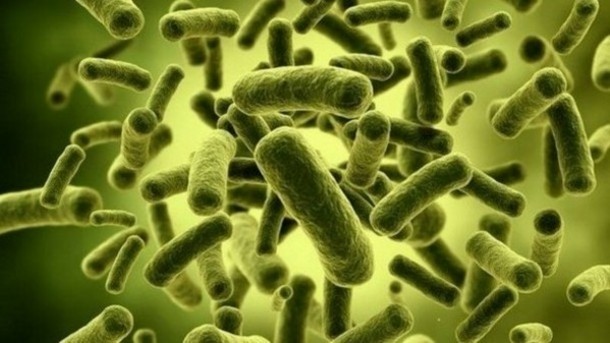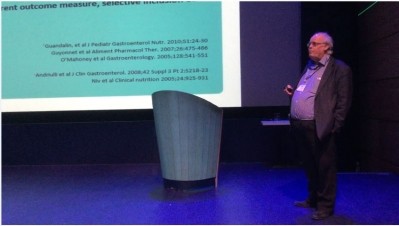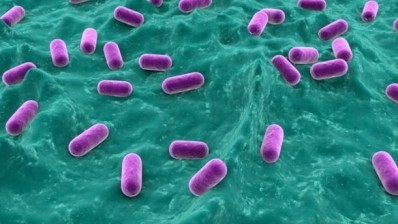Forget about your woes? Probiotics may lower focus on bad feelings and experiences

The new findings, published in the Brain, Behavior, and Immunity, examined the effects of supplementation with a multi-species probiotic on negative moods, focusing in particular on the activation of negative dysfunctional patterns of thinking that are triggered by subtle changes in mood (known as cognitive reactivity).
This focus on probiotic supplementation and cognitive reactivity (CR) comes after previous research into the role of the human microbiota in cognitive and affective functioning led suggestions that probiotic supplementation could act as an adjuvant strategy to improve or prevent depression.
Led by Laura Steenbergen and Lorenza Colzato from the Leiden Institute of Brain and Cognition, the new data suggests that people may focus less on bad feelings and experiences from the past (a process known as rumination) after four weeks of probiotics administration.
“Rumination is one of the most predictive vulnerability markers of depression” says Steenbergen. “Persistent ruminative thoughts often precede and predict episodes of depression.”
“Even if preliminary, these results provide the first evidence that the intake of probiotics may help reduce negative thoughts associated with sad mood,” added Colzato. “As such, our findings shed an interesting new light on the potential of probiotics to serve as adjuvant or preventive therapy for depression.”
Research methods
The team claim to be the first to investigate whether the administration of a multispecies probiotic (Ecologic®Barrier, Winclove probiotics) containing Bifidobacterium bifidum W23, Bifidobacterium lactis W52, Lactobacillus acidophilus W37, Lactobacillus brevis W63, L. casei W56, Lactobacillus salivarius W24, and Lactococcus lactis (W19 and W58) for at least 4 weeks has a beneficial effect on rumination (defined as recurrent thoughts about possible causes and consequences of one’s distress).

The randomised, placebo controlled trial asked 40 healthy subjects to take a sachet containing powder which was mixed with lukewarm water or milk each day of the intervention. Half of the participants received a placebo powder, while the other half received the probiotics mixture.
Participants were invited to the lab to fill in a questionnaire indexing sensitivity (cognitive reactivity) to depression on two occasions: one time at the beginning of the intervention and the second time after 4 weeks when the intervention was completed. In both occasions they were required.
Less rumination through probiotics
Compared to subjects who received the placebo intervention, participants who received the multispecies probiotics intervention showed significantly reduced ruminative thoughts, said the team.
“Participants who received the 4-week multispecies probiotics intervention showed a significantly reduced overall cognitive reactivity to sad mood, which was largely accounted for by reduced rumination and aggressive thoughts,” they explained.
The team concluded that their findings indicate that probiotics supplementation “warrants further research as a potential preventive strategy for depression.”
Source: Brain, Behavior, and Immunity
Published online ahead of print, doi: 10.1016/j.bbi.2015.04.003
“A randomized controlled trial to test the effect of multispecies probiotics on cognitive reactivity to sad mood”
Authors: Laura Steenbergen, et al















